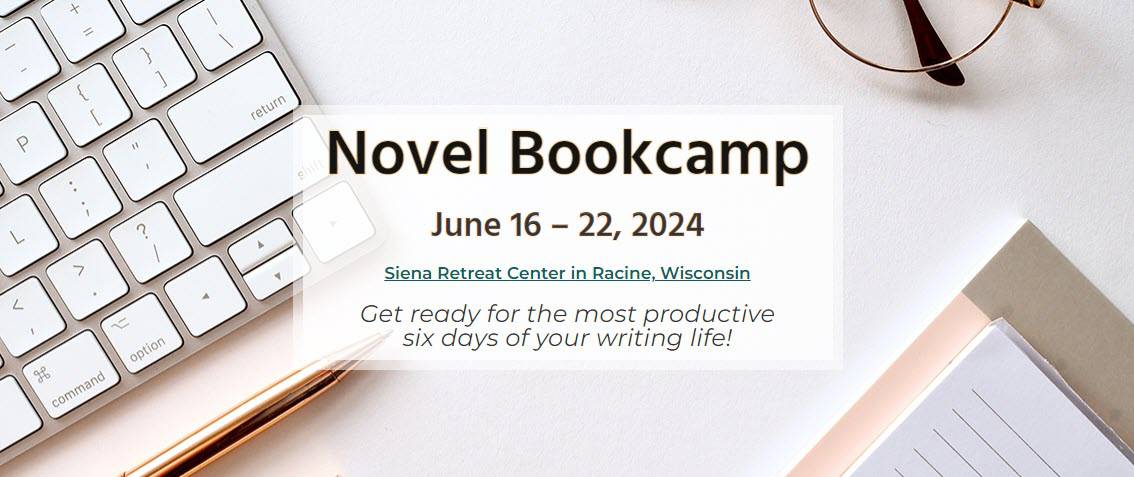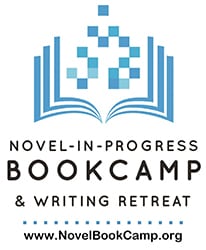
Why Scriptwriting?
Renee James
Some years ago, after I had published a couple of novels, I decided I should write a screen play or stage play version of my latest book (because, you know, it was such a great book).
So, knowing I was a great writer, especially of dialogue, I proceeded to make a copy of the book manuscript, then stripped out everything that wasn’t dialogue. This was the first week of the first semester of my education about dialogue, because even I, the author, could see that an alarming percentage of my book’s dialogue was empty gibberish. Not quite “how are you doing?” or “some weather we’re having”, but close.
After reading a number of screenplays and absorbing some wisdom from lecturers and writers on the subject, I decided to get serious about the craft. I bought the standard software for the screenwriting industry (Final Draft, current edition about $250), and started writing script.
Two great improvements happened quickly. First, the dialogue in my fiction got tighter, Scriptwriting gave me a sense of urgency in limiting dialogue to words that advance the story in a meaningful way, and I began to notice that quality in my favorite novels, too.
Second, I became so much more aware of the power of dialogue tags in prose. In screenplays, script readers scream obscene names at you if you try to describe things like body language, or facial expressions or how someone walks, or a thousand other things we can use in prose to show the reader how characters are responding to conflict and tension. In script, nearly all that physical stuff is for the directors and the actors to work out, and it can make you long for the opportunity to develop—forgive me for saying this—interiority, and/or for creating movement and setting a scene and all the other wonderful things that can happen when you’re writing a novel or a memoir.
I’ve written a few screenplays, each of which has proven to be completely resistible for directors and others in the field who buy scripts. One of my efforts won a minor award in a minor competition for scripts which, if nothing else, gives me the heart-warming assurance that the field has so many competitions, anyone can win if they keep entering long enough.
Sarcasm aside, I recommend scriptwriting (screen or theatrical) as a self-improvement tool for writers of long fiction or creative non-fiction. Just as screenwriting has helped me write better dialogue through awareness and example, it has forced me to be more economical with the words and scenes I use to develop a plot. Screenplays written by unwashed wanna-be’s like me are expected to run around 100 manuscript pages in the industry’s standard format, which features space-eating Courier type and margins for dialogue that are skimpier than a stripper’s underwear.
Movie plots are just as complex as novel plots and you have about one-third as many pages to work with, so the process of developing a script demands discipline. For example, there can be no extraneous scenes, just the ones that advance key elements of plot or character. And every scene must be limited to the important stuff—no fluff, no throat clearing, no Shakespearean speeches revealing great wisdoms which will be passed down through the ages if the right people read them. Watch any episode of Downton Abbey to see how a master screenwriter and director keep conflicts blazing in scenes that last from 30 seconds to three minutes.
The other thing I love about screenwriting is, it’s a diversion from long fiction. When I just can’t write another word in my novel-in-progress, setting out on a scriptwriting journey is as luxurious as a hot bath on a cold winter’s night. You Wisconsonites know what I’m talking about—with the bath, that is. It’s a writing challenge, but it’s also an opportunity to live a story in my head while I’m writing it. That is recreational for me, and often therapeutic, especially since I enter into the enterprise without any compelling notions about achieving some kind of future commercial success. It’s what I do, because creating makes me happy.
Renee James
Author of:
BeatNikki’s Café
Seven Suspects
A Kind of Justice
Coming Out Can Be Murder





